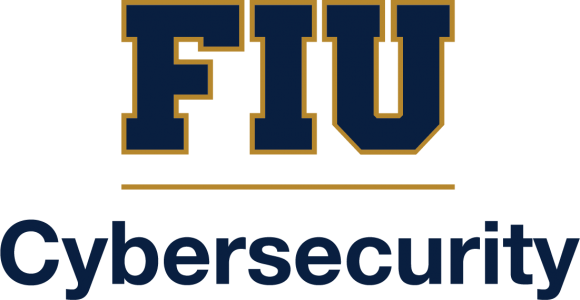Tuesday, May 9 2023
| 9:45-10:30 | Keynote 1: Telecom AI Inflection Point: Challenges and Opportunities
Bayview Ballroom Speaker: Dr. Prasad Jogalekar, Ericsson, USA Chair: Amina Boubendir, Airbus Defence and Space, France |
In this keynote speech, we will explore the ways in which AI presents a new horizon of opportunities and challenges. We will examine this in the context of AI-driven use cases in telecom, for example, emergence of cloud RAN and rApps, AI-driven network planning and rollout, network performance optimization with digital twins, real-time self-healing, predictive maintenance, AI-centric customer engagement etc.
We will discuss the AI impact on telecom business models, and the need for telecom companies to embrace this paradigm shift to stay competitive in a rapidly changing landscape. We will also explore the ethical and social implications of AI driven telecom business, and the need for responsible AI governance to ensure that AI is used transparently and ethically.
We will conclude with a vision for the future of AI in 6G wireless networks, which is an active area of innovation. Attendees will come away with a deeper understanding of the state of the art in telecom AI and the steps they can take to embrace this transformation and thrive.
Bio: 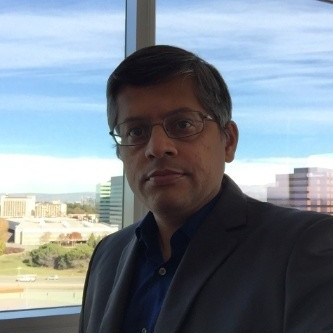 Dr. Prasad Jogalekar
Dr. Prasad Jogalekar
Dr. Prasad Jogalekar is a recognized technology executive from Silicon Valley, California. He is currently the Head of the US arm of Global AI Accelerator unit at Ericsson, responsible for cutting-edge AI-powered telecom product and technology development. His teams are responsible for delivering a diverse set of high-impact AI solutions, ranging from knowledge management systems, computer vision, AI assisted cloud and integrated RAN features, AI assisted self-healing, optimized radio layers and AI-assisted intelligent services, among other areas. Dr. Prasad holds a PhD in Computer Science and Engineering and has led engineering teams in various Silicon Valley startups as well as Fortune-500 companies in the areas of AI/ML, wireless networking, storage, optical networking, and cloud computing. He is based in the Bay Area and enjoys playing Sitar music in his spare time.
Wednesday, May 10 2023
| Time: 11:00-11:45 | Keynote 2: Math over metal - replacing hardware by coding for latency and security
Bayview Ballroom Speaker: Pr. Muriel Médard, Massachusetts Institute of Technology, USA Chair: Prosper Chemouil, CNAM, France |
Bio: 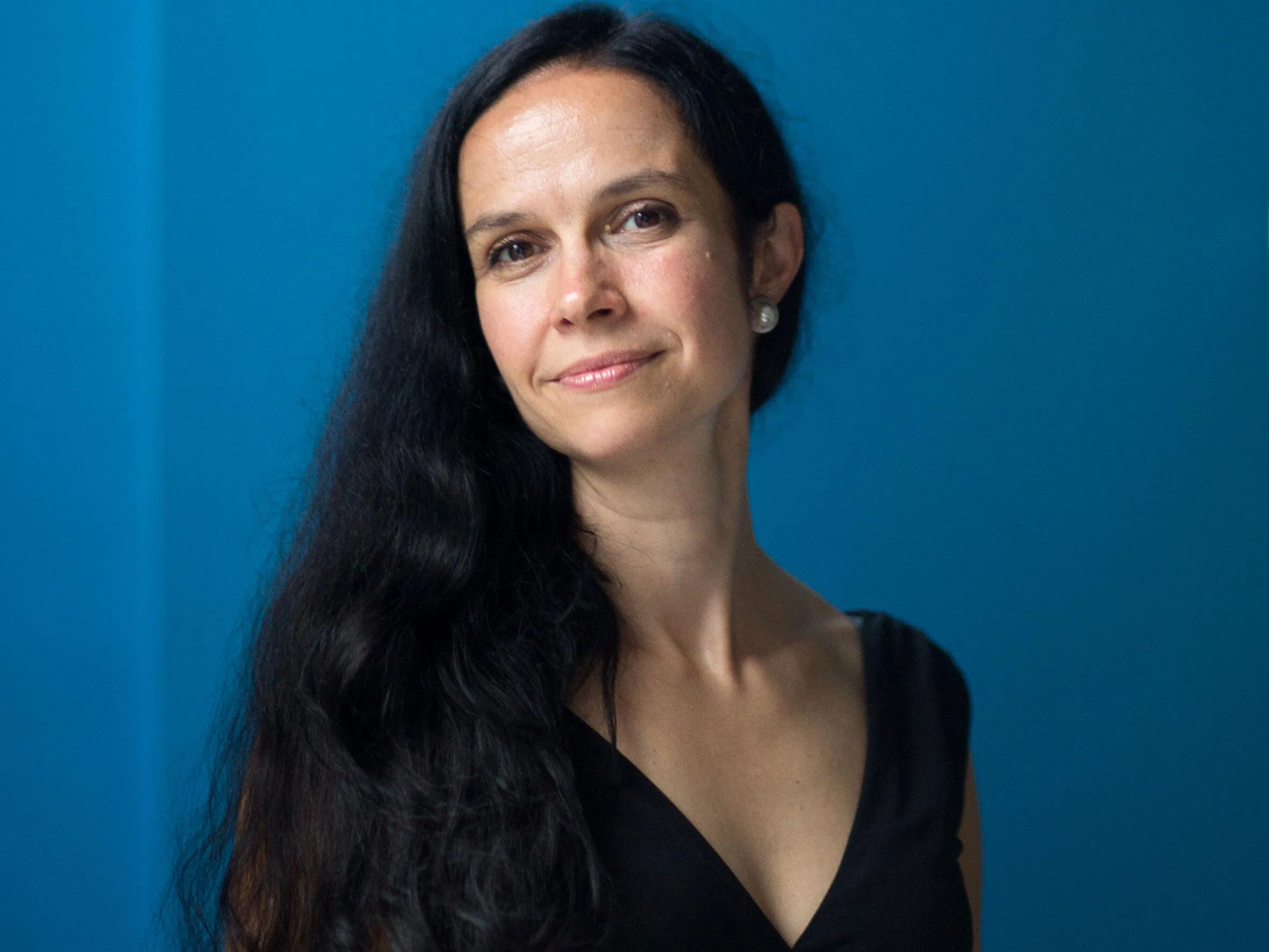 Pr. Muriel Médard
Pr. Muriel Médard
Muriel Médard is the NEC Professor of Software Science and Engineering in the School of Engineering at MIT and a Professor in the Electrical Engineering and Computer Science (EECS) Department at MIT. She leads the Network Coding and Reliable Communications Group in the Research Laboratory for Electronics at MIT and Chief Scientist for Steinwurf, which she has co-founded. She obtained three Bachelors degrees, as well as her M.S. and Sc.D, all from MIT. Muriel is a Member of the US National Academy of Engineering (elected 2020), a Member of the German National Academy of Sciences Leopoldina (elected 2022), a Fellow of the US National Academy of Inventors (elected 2018), American Academy of Arts and Sciences (elected 2021), and a Fellow of the Institute of Electrical and Electronics Engineers (elected 2008). She holds Honorary Doctorates from the Technical University of Munich (2020) and from The University of Aalborg (2022).
Muriel was awarded the 2022 IEEE Kobayashi Computers and Communications Award. She received the 2017 IEEE Communications Society Edwin Howard Armstrong Achievement Award and the 2016 IEEE Vehicular Technology James Evans Avant Garde Award. Muriel was co-winner of the MIT 2004 Harold E. Egerton Faculty Achievement Award and was named a Gilbreth Lecturer by the US National Academy of Engineering in 2007.
She received the 2019 Best Paper award for IEEE Transactions on Network Science and Engineering, the 2018 ACM SIGCOMM Test of Time Paper Award, the 2009 IEEE Communication Society and Information Theory Society Joint Paper Award, the 2009 William R. Bennett Prize in the Field of Communications Networking, the 2002 IEEE Leon K. Kirchmayer Prize Paper Award, as well as nine conference paper awards. Most of her prize papers are co-authored with students from her group.
Muriel currently serves as the Editor-in-Chief of the IEEE Transactions on Information Theory and served previously as Editor in Chief of the IEEE Journal on Selected Areas in Communications. Muriel was elected president of the IEEE Information Theory Society in 2012, and serves on its board of governors, having previously served for eleven years.
Muriel has supervised over 40 master students, over 20 doctoral students and over 25 postdoctoral fellows. Muriel received the inaugural MIT Postdoctoral Association Mentoring Award in 2022, the inaugural MIT EECS Graduate Student Association Mentor Award, voted by the students in 2013. She set up the Women in the Information Theory Society (WithITS) and Information Theory Society Mentoring Program, for which she was recognized with the 2017 Aaron Wyner Distinguished Service Award.
Muriel has over sixty US and international patents awarded, the vast majority of which have been licensed or acquired. For technology transfer, she has co-founded CodeOn, for intellectual property licensing. and Steinwurf, for reliable and low-latency networking. She serves on the Nokia Bell Labs Technical Advisory Board.
| Time: 11:45-12:30 | Keynote 3: 6G security: a concomitant transformation
Bayview Ballroom Speaker: Dr. Emmanuel Dotaro, Thales, France Chair: Kemal Akkaya Florida International University, USA |
6G is a superset of technology convergence or disruptions, radical architecture changes and operation and service transformations. We will show that old reasoning, where security came afterwards is no longer applicable. Once understood the new risks, challenges and attack surface, multiple research fields and promising directions aims at filling the gap.
First of all the question of sharing the specific 6G security knowledge is raised through a potential dedicated 6G Cyber Threat Intelligence. Then the overall architecture complexity (and diversity), should be considered globally as an End-to-End security resultant (either security of 6G and 6G for security).
From Reconfigurable Intelligent Surface to AI-based control and management applied at each 6G stratum multiple new challenges have been identified and in scope of the research agenda.
With a positive angle, 6G is also an opportunity to empower the users (human or machine) with Security Service Level Attributes allowing smart and aware 6G service consumption and enabling new cybersecurity strategies such as Security as a Service, Deception, Moving Target Defense, ...
Technology disruptions coming from the web 3.0, Digital Twins or Quantum areas are candidate to converge in 6G time scale and will have to stay consistent from security point of view.
Finally, 6G is AI-native but also Human Centric, security is a must-have part to perform the expected sustainability and societal acceptance.
Bio: 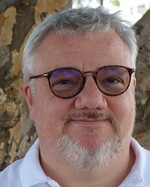 Dr. Emmanuel Dotaro
Dr. Emmanuel Dotaro
Emmanuel Dotaro is VP at Thales, Fellow 5G-6G expert. He is in charge of 6G topics across the Thales group with CTO organization. He received an M.S. degree in Computer Science from the University of Versailles, France in 1996. He was three years with the Institut National des Telecommunications Performance Evaluation lab. as PhD student while holding a teaching position at the University of Versailles. He joined in 1999 the Alcatel Research and Innovation lab. at Marcoussis, France. He was director of research on networking topics at Bell Labs including successively Packet Transport Infrastructure and Semantic and Autonomic Technologies. He joined Thales in 2009 as director of innovation for C4I systems and was until 2022 the director of ICT and Security labs at Thales Secure Communications and Information Systems. He holds more than 30 papers as author or co-author as well as more than 40 patents in the ICT field. He is at the initiative, contributor or leader of various European or national collaborative R&D projects. He is serving at various international conference or journal Technical Committees. Beside his current research and innovation management activities he is involved in various National or European ICT and Cybersecurity initiatives: - He serves at the 6G-IA association Governing Board as well as specific Task Forces or Working Groups (Verticals, Policies, Security,…). Although, he is devoted to foster collaborations between Network and Security communities/ecosystems. - He is member of the NetworldEurope Steering Board and expert group. Belonging to the editors of the European Strategic Research and Innovation Agenda and in particular Security chapter. - he is Participating to Scientific committee, certification and research activities of ECSO association (cybersecurity community) - He is the chair of the Cyber & Security Hub (260+ members) from Systematic Paris-Region cluster - He is active in multiple industrial and research digital-related ecosystems such as Cyber Campus, Strategic digital infrastructure committee and Strategic Security Industry in France.
Thursday, May 11 2023
| Time: 11:00-11:45 | Keynote 4: On Autonomous Embedded Malware Deception for Proactive Cyber Resilience
Bayview Ballroom Speaker: Pr. Ehab Al-Shaer, Carnegie Mellon University, USA Chair: Pal Varga Budapest University of Technology and Economics, Hungary |
The ultimate objective of cyber deception is to mislead adversaries from reaching the actual targets and simultaneously engage them to learn new attack tactics and techniques. Most existing deception solutions are operationally expensive yet easily discoverable by attackers because they lack dynamism and adaptiveness. Autonomous cyber deception provides highly adaptive and embedded deception that can dynamically create and orchestrate honey resources appropriately to cope with the dynamic behavior of Advanced Persistent Threats (APTs).
This talk will present our research experience developing the foundations, techniques, and prototypes for autonomous real-time planning of malware deception. Unlike other systems, cyber deception agents may reside in the production systems. They aim to automatically plan and orchestrate the deception ploys to steer and mislead the malware or APT attacks to the desired goal without human interaction. The deception ploys are dynamically composed based on deception planning while ensuring fast and safe and fast orchestration of deceptive course-of-actions plan. We show in our evaluation of this system against APT information stealers, ransomware, and Remote Access Trojans (RAT) that attacker can be deceived within a few seconds and with minimum operational cost.
Bio: 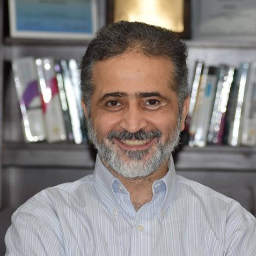 Pr. Ehab Al-Shaer
Pr. Ehab Al-Shaer
Dr. Al-Shaer is a Distinguished Research Fellow at the Software and Societal Systems Department (S3D) in the School of Computer Science, a Distinguished Career Professor at the College of Engineering, and a Faculty Member of CyLab at Carnegie Mellon University. His key area of research is autonomous cyber defense, formal methods for security configuration verification and synthesis, cyber resilience, unstructured text analytics for cybersecurity, and cyber deterrence and deception. Dr. Al-Shaer has edited/co-edited more than nine books and book chapters and published more than 250 refereed articles. He was designated by the Department of Defense (DoD) as a Subject Matter Expert (SME) on security analytics and automation in 2011, IBM Faculty Award in 2012, and UNC Charlotte Faculty Research Award in 2013. Dr. Al-Shaer was the General Chair, TPC chair and keynote speaker, and panelist in major conferences in this area, including ACM CCS, IEEE IM 2007, IEEE POLICY 2008, and others.
| Time: 11:45-12:30 | Keynote 5: AI Assurance: Are our networks vulnerable?
Bayview Ballroom Speaker: Dr. Ritu Chadha, Peraton Labs, USA Chair: Alex Clemm, Futurewei, USA |
Bio: Dr. Ritu Chadha
Dr. Ritu Chadha is a senior research director at Peraton Labs, where she leads the machine learning and data analytics business unit. She is responsible for basic and applied research programs in the areas of machine learning and artificial intelligence, with applications in a variety of domains, including cyber security, wireless networking, network management, machine vision, text analytics, autonomy, and modeling and simulation.
During her tenure at Peraton Labs and its predecessor companies (Perspecta Labs, Bellcore, Telcordia, Applied Communication Sciences, Vencore Labs), Chadha has performed and managed research in areas at the intersection of cybersecurity, machine learning, network management, and wireless networking for customers including the Defense Advanced Research Projects Agency (DARPA), U.S. Army Research Laboratory, U.S. Army C5ISR Center, Air Force Research Laboratory, and other government as well as commercial customers.
Chadha is a pioneer in the area of policy-based network management and its application to wireless and mobile ad hoc networks. Chadha’s critical contribution was to leverage the latest advancements in these areas and use them to shape and guide the development of a new suite of successful products for IP network management.
Chadha received a Bachelor of Arts degree in mathematics from St. Stephen’s College, Delhi, India, a Master of Science degree in computer science from Virginia Tech and a doctorate in computer science from the University of North Carolina at Chapel Hill. She has authored more than 100 conference and journal papers, is a coinventor on multiple patents and has written a book on the application of policy-based network management to mobile ad hoc networks. Chadha was elected a Telcordia Fellow in 2008 in acknowledgment of the significance of her contributions to Telcordia’s business in producing both leading edge research and customer-focused results. She was awarded the IEEE MILCOM Lifetime Technical Achievement Award in 2021.





